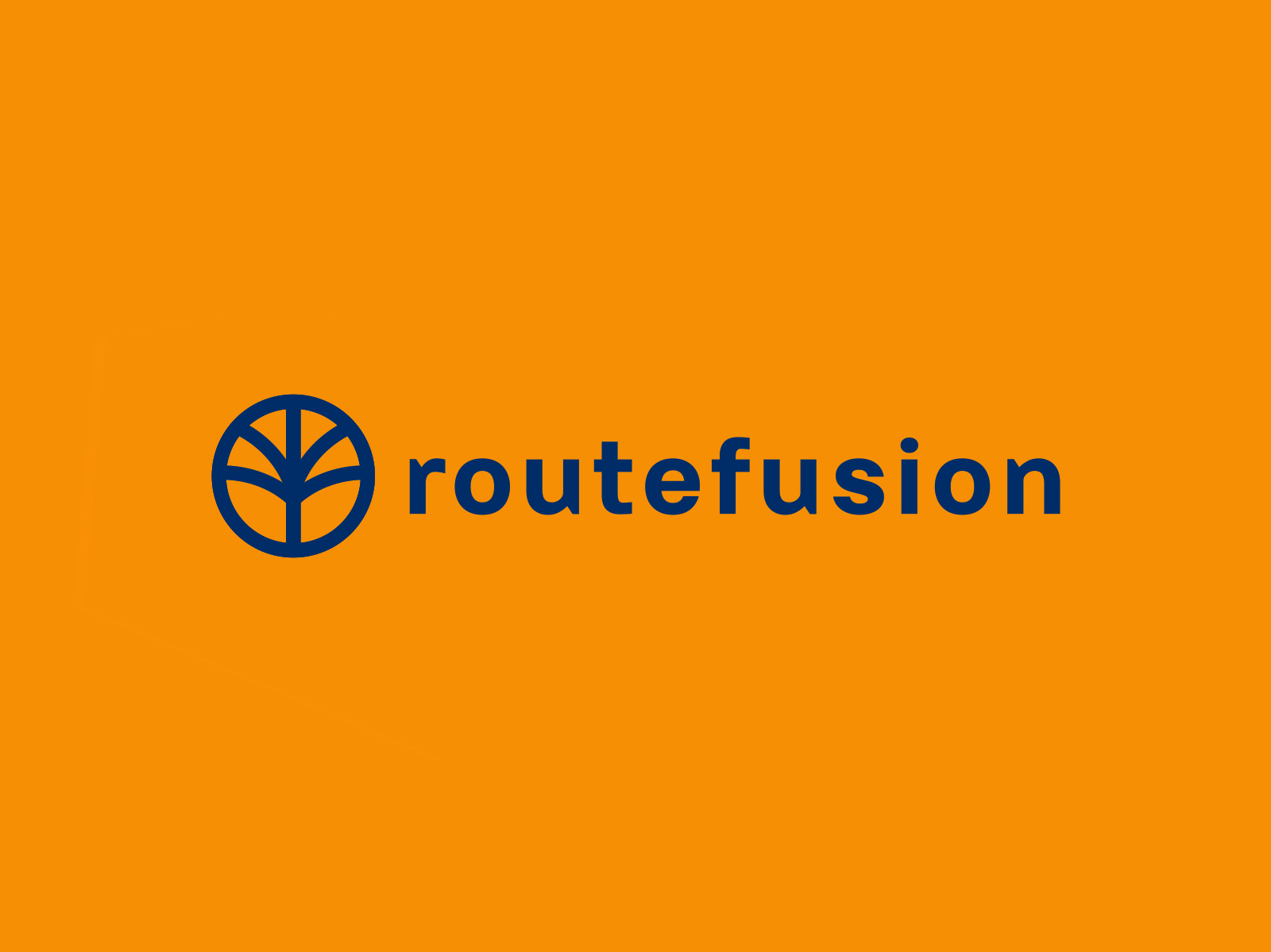Datarails Raises $70M Series C Led by One Peak To Make...
- 21.01.2026 12:45 pm
Atlas Invest Raises $25M To Unlock High-Quality...
- 21.01.2026 08:25 am
Fimple Raises $10 Million Follow-On Investment To...
- 21.01.2026 08:15 am
AAZZUR Closes £2m Round To Scale Embedded Finance For...
- 20.01.2026 01:55 pm
Stoïk Raises €20M in a Series C to Strengthen Its...
- 20.01.2026 08:15 am
CheckSig Closes a €3.5 Million Funding Round And Aims...
- 19.01.2026 03:35 pm
Monnai Raises $12 Million in Equity Funding To Build...
- 19.01.2026 01:00 pm
WitnessAI Raises $58 Million For Global Expansion And...
- 19.01.2026 12:50 pm
osapiens Secures US$100 Million Financing And Becomes...
- 19.01.2026 12:45 pm
PayItMonthly Accelerates Expansion Following £10m...
- 19.01.2026 10:25 am
Sinpex Secures €10M Series A To Expand Its AI-Powered...
- 19.01.2026 08:15 am
Alpaca Raises $150 Million at a $1.15B Valuation To...
- 16.01.2026 03:00 pm






















